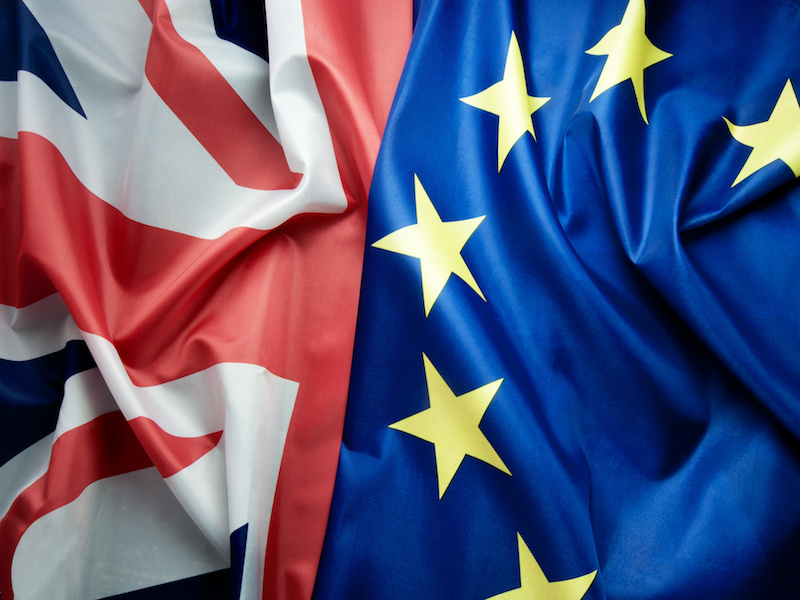

The drama in recent weeks surrounding the outcome of Brexit has proved Shakespearian, but on this side of the pond, should institutional investors be bracing themselves?
“We’ve been thinking about this ever since the referendum and we keep updating our probabilities in different ways,” says Peter Westaway, chief European economist at the Vanguard Group. “I think we’ve boiled down the future to four buckets of probability.”
The two far more likely scenarios are the U.K. operating with the current deal Prime Minister Theresa May has negotiated with the European Union or looking at a modified deal. The two other risks, which are unlikely, are the U.K. reaching a no-deal, crashing out of the E.U., or no Brexit at all. “I’d say both of those have got about a 10 to 15 per cent probability,” says Westaway.
Read: Heading into 2019, geopolitics continue to shadow markets
The political drama is pressuring both the British pound and markets. However, equities have largely priced in an extension of the status quo, specifically continual arguments within Parliament and between the European Union and the British government, according to Mike Amey, head of sterling portfolio management and ESG strategies at PIMCO, in a recent blog post. For those with a longer-term perspective, the market pressure could represent a decent value strategy, he said.
“With U.K. yields still low in a global context and the market priced for just one additional U.K. rate hike, any improvement in the Brexit negotiations would support rising U.K. yields relative to their global peer group, and potentially some modest recovery in the pound,” he wrote. ”No doubt uncertainty will remain high, but for those thinking longer term there are opportunities to profit.”
The remaining possibility of a truly extreme outcome, such as a no-deal Brexit, will be one to watch, notes Westaway. ”Nobody wants that, the government least of all. And even though they’re saying now, in advance of the vote, if you vote the deal down we will go over the edge without a deal, the reality is once we’ve got there, it’s likely the government would need to do something to stop it happening.”
Read: 2018 Top 40 Money Managers Report: The Trump effect
Another possibility is one more referendum, which would depend on the E.U. allowing the U.K. an extension of Article 50, the treaty that allows a two-year period for voluntarily leaving the E.U., says Westaway. But there isn’t enough time to organize another vote before the Brexit deadline on Mar. 29, 2019, he says, even if the question was clear. There’s always the possibility the Brits would vote to leave the E.U. again anyway, he adds.
Regardless, all estimates of the various options appear to indicate the U.K.’s economy will be worse off and it’s simply a matter of by how much, says Westaway. “It’s difficult to see how having worse trading relationships with your biggest and closest trading partner, how you can then compensate for that by getting better trade deals with your other trading partners. You have to stress the limits of credibility to be able to believe that.”
Read: CPPIB to invest $1 billion in British financial services distributor
